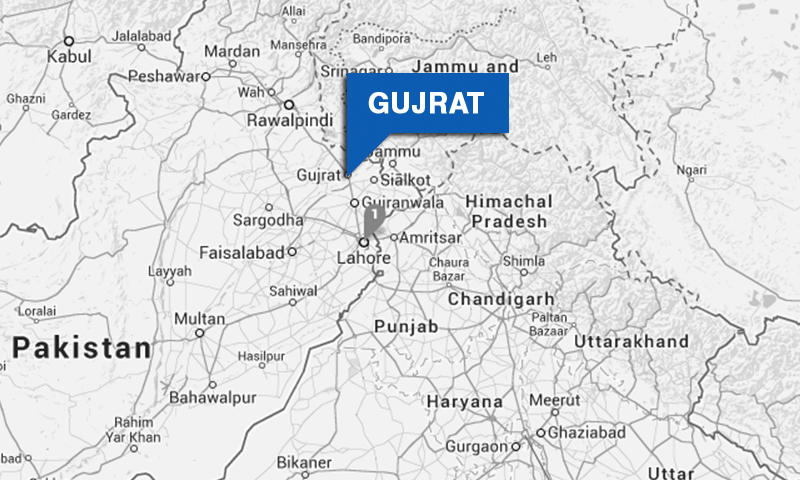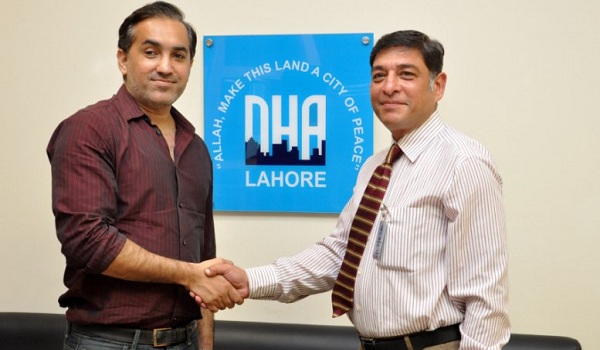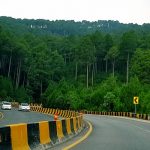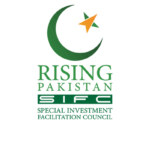Islamabad: The Capital Development Authority (CDA) has approved the formation of a dedicated building and housing control agency aimed at addressing property-related complaints and improving oversight in Islamabad’s real estate sector.
The decision was taken during the seventh meeting of the CDA Board, chaired by CDA Chairman Muhammad Ali Randhawa on Tuesday. The new body will be tasked with resolving citizen grievances linked to housing schemes, construction practices, and related regulatory matters.
Read:
In a major move to protect public investment, the Board also approved the publication of a comprehensive list of illegal housing societies on the CDA’s official website and through media platforms. Additionally, a zone-wise list of approved, legal housing schemes will be made available online to help citizens verify the status of residential developments before making any financial commitments.
To ensure transparency and accountability in development activities, the Board sanctioned the hiring of a third-party consultant to audit all ongoing CDA projects. This independent audit mechanism is expected to strengthen internal checks and promote responsible project execution.
In other developments, the CDA Board greenlit the revitalization of the Arts and Craft Village with the goal of turning it into a vibrant tourist destination. Chairman Randhawa instructed the Engineering and Planning members to conduct an on-site assessment to plan necessary improvements.
Read:
To further enhance the urban environment, the Board approved the development of a new food street and pedestrian walkways in Islamabad’s Blue Area, aiming to boost commercial activity and promote walkability.
Meanwhile, Plot No. 28 in I-8 Markaz was conditionally restored under CDA policy, pending settlement of outstanding dues.
The Board also extended the Rawalpindi Waste Management Company’s contract by three months for garbage collection and transportation in the capital city.
In a move toward sustainable waste management, the CDA approved plans to establish permanent, scientifically designed landfill sites in partnership with the Asian Development Bank (ADB). These sites will incorporate Waste-to-Energy technology and follow eco-friendly protocols to help reduce pollution and manage the city’s growing waste burden.







